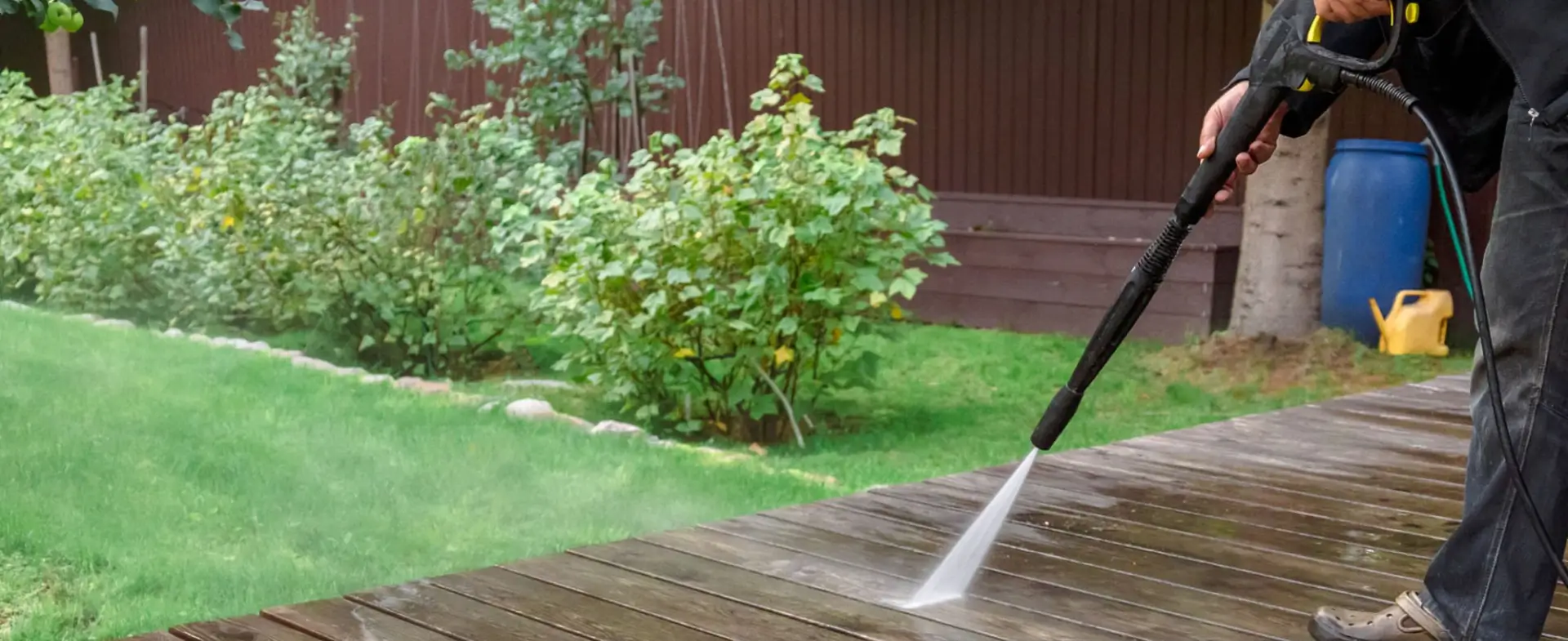Nov 12,2024
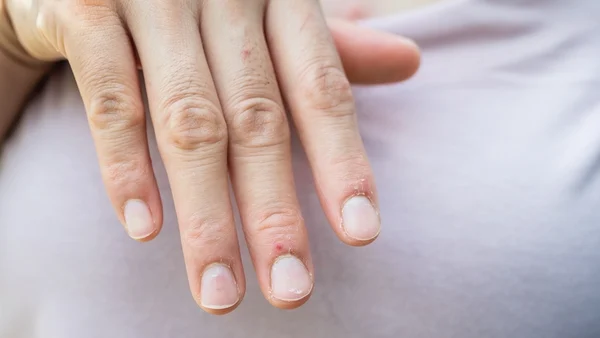
Winter comes with a whole host of beauty woes, from dark under-eye circles to dehydrated skin, so it’s easy to forget about nourishing our nails.
Dry and cracked cuticles aren’t just a cosmetic annoyance, but a health issue. "Cuticles are the thin layer of skin at the base of your nail," explains Essie UK’s celebrity manicurist, Michelle Humphrey.
"They protect new nail growth from bacteria!" If this area of skin is cracked, it can lead to infection, and in worst cases, illness.
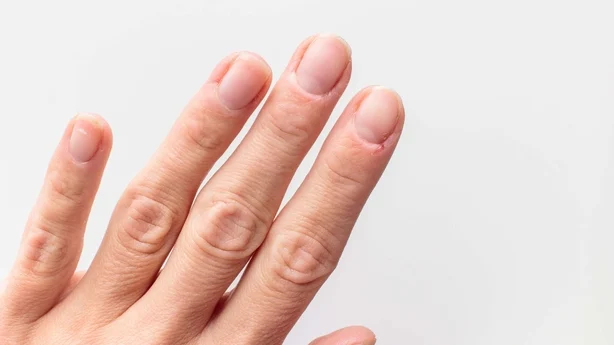
Unfortunately, the area is prone to peeling and dryness – particularly in winter – making even the most beautiful manicures subpar. We hear from leading nail experts on how to actually prevent dry and cracked cuticles.
What causes dry cuticles?
Cuticles on nails are the thin, transparent layers of skin that surrounds our nail beds and act as a security sealant for our nails, preventing invading bacteria and fungus from entering our bodies. Yet these vital barriers are easily broken through biting, picking, cold temperatures and lack of moisture.
"Cold weather, low humidity and exposure to heating systems can all pull moisture from the skin, making cuticles dry and brittle," explains Paint Nails London‘s lead nail tech, Angie Campbell.
"Additionally, frequent hand washing, harsh soaps and sanitisers can strip the skin of its natural oils. Lifestyle factors like not moisturising enough or not protecting your hands during chores, like dishwashing, can also worsen cuticle dryness."
Vitamin E
Whilst the obvious solution to dry and cracked nails is a thick hydrating oil – the type you pick can make a big difference.
"Keeping your cuticles nourished will not only make your nails look better but a good cuticle oil will reinforce the nail bed and stimulate nail growth," explains leading nail tech, Leighton Denny MBE.
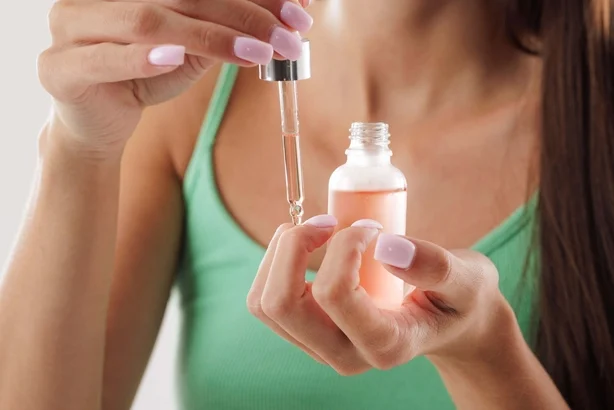
"Look for oils with ingredients like jojoba oil, vitamin E and almond oil," says Campbell, "which are all excellent for nourishing and softening cuticles."
Argan oil is bursting with vitamin E, fatty acids and antioxidants, which are ultra-hydrating and have healing properties. Pure 100% argan oil will contain more of these active ingredients and are better for those prone to sensitivity or eczema.
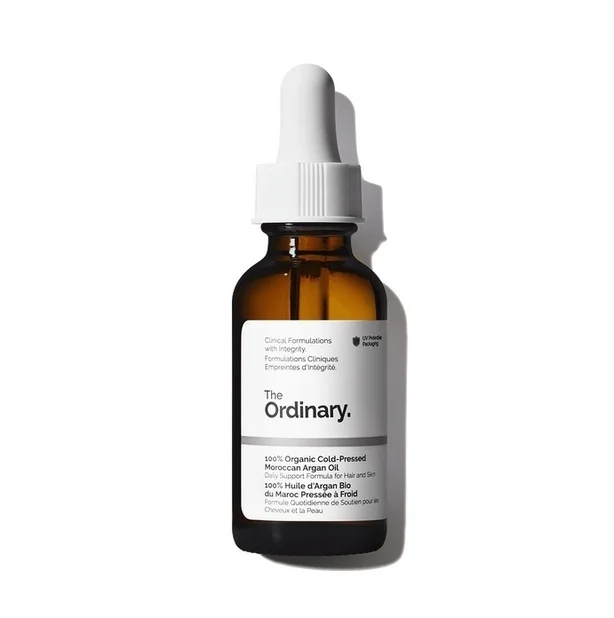
The Ordinary 100% Organic Cold-Pressed Moroccan Argan Oil, €9
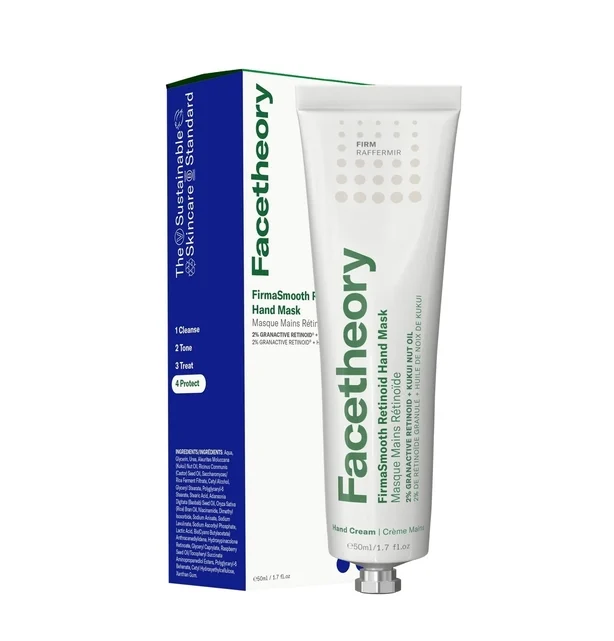
Facetheory FirmaSmooth Retinoid Hand Mask, €24
Shape your cuticles
If you’re not one for manicures, you may leave your cuticles to do their own thing, but this can lead to overgrowth and flaking.
"Sometimes the cuticle is tightly adhered to the nail and it grows down stuck to the nail plate," explains Humphrey, "this sometimes causes a tear in the skin – aka the dreaded hangnail – so pushing them back can help prevent this from occurring."
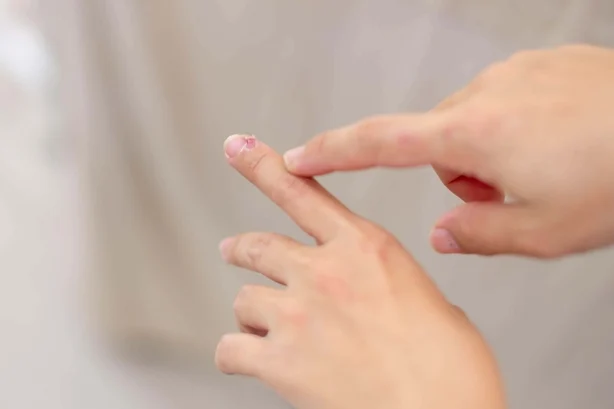
If you do have dried flaking cuticles, Humphrey advises not to cut them off but to buff or push them back. "Avoid pulling hangnails or dry edges as this makes them worse," she says.
"It’s best to push back your cuticles gently after a warm shower or bath when they’re softened," says Campbell. "Use an orange wood stick or a gentle cuticle pusher, avoiding any harsh pressure that could cause damage."
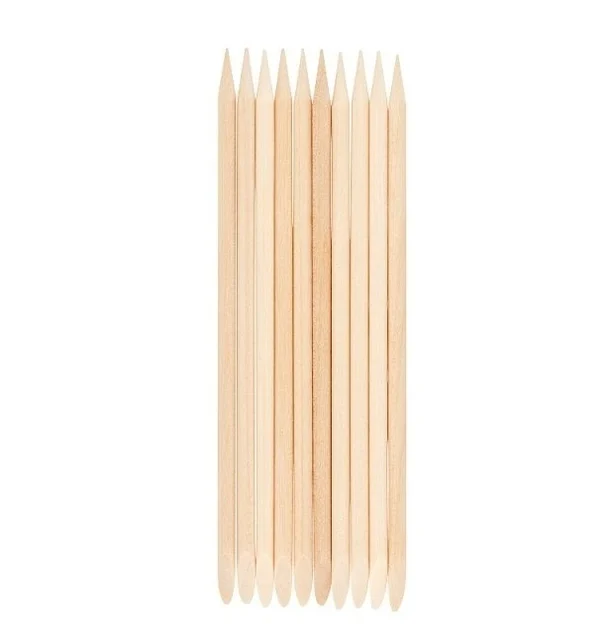
Superdrug 10 x Cuticle Stick, £1 (roughly €1.50)
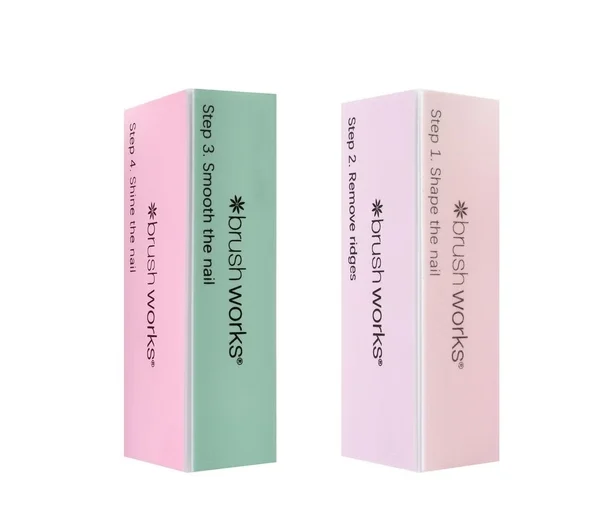
Brushworks Pastel Buffing Block Duo, €6.95, Look Fantastic
Protect during daily chores
Whilst it can be nice to indulge in hot water during the colder months, this can be incredibly drying on the skin.
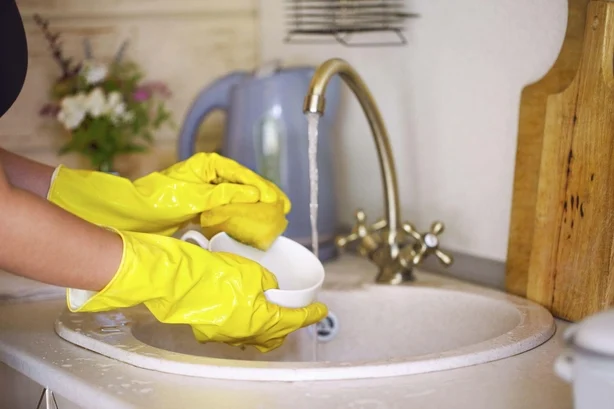
Make a habit of reducing hot water exposure, as Campbell says, "When washing your hands, avoid hot water, as it can be drying, and always wear gloves when doing household chores that involve water or harsh chemicals."
Painted vs naked nails
If you’re unwilling to be seen without a perfect set of nails, it’s essential to give your cuticles extra care to keep them healthy and help your manicure last longer.
"If you frequently paint your own nails, your cuticle care routine should be adjusted to counteract the drying effects of polish removers, especially acetone-based ones," explains Campbell. "After removing polish, it’s essential to rehydrate the cuticles with oil or cream."
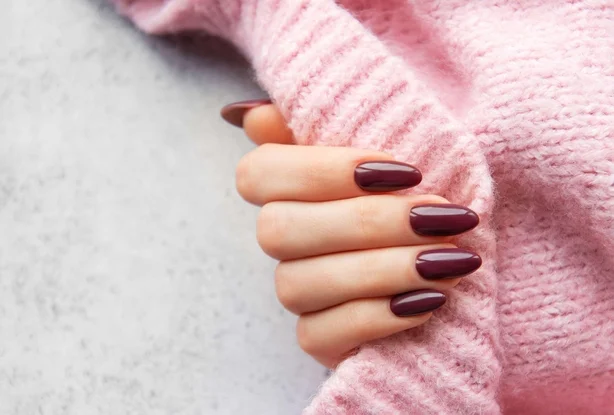
"Applying cuticle oil to your manicure can help to keep the product supple and flexible, which can help prevent splitting and cracking," says Humphrey, "this means nourished cuticles, and longer-lasting manicures!"
If you don’t paint your nails, you don’t need as much hydration, but moisturising is still key. "Use cuticle oil daily and hand cream often," says Humphrey. "I use Essie’s roll-on cuticle oil at least twice a day in the wintertime – morning and night-time before bed."
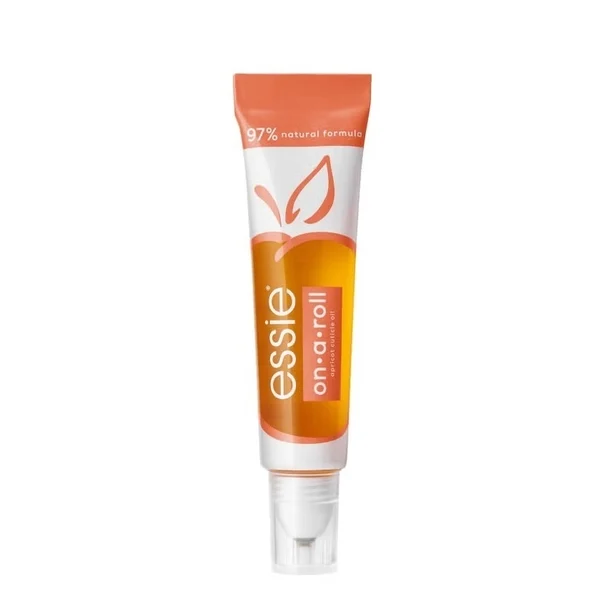
Essie On a Roll Apricot Nail and Cuticle Oil, €13.95 (was €17), Look Fantastic
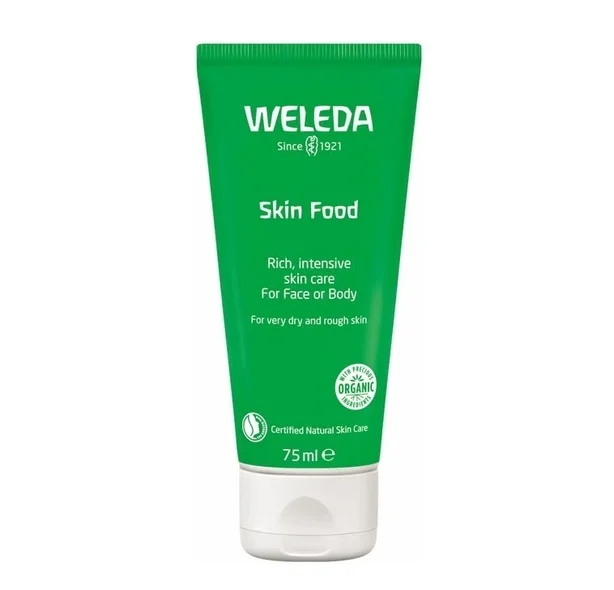
Weleda Skin Food – 75ml, €19.40, Holland & Barrett
.svg)
